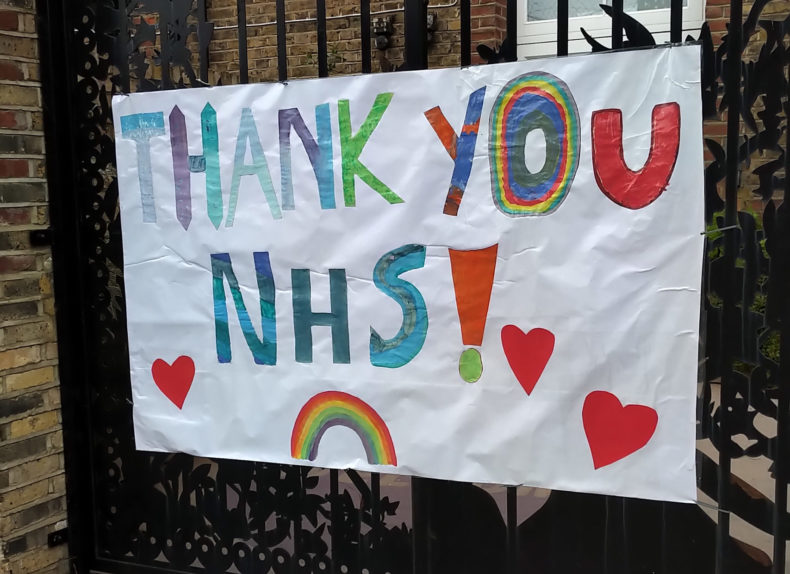Public Health England must investigate all possible causes of Covid-19’s disproportionate impact on BAME communities

Thank you to Cllr Rabina Khan for the following guest post:
Published on 1 May 2020, the Office for National Statistic’s (ONS) data on the impact of COVID-19 confirmed what I had already been seeing on the ground; that Black and Ethnic communities are disproportionately affected.
The data revealed that coronavirus has a proportionally higher impact on the most deprived areas and indices of deprivation show that if you are from a BAME community, you are more likely to be on a low income and living in multi-generational, overcrowded accommodation. In addition, people from BAME backgrounds suffer from a high incidence of diseases that compromise the immune system, such as diabetes and heart disease.A study by the Institute for Fiscal Studies also discovered that after accounting for differences in age, sex and geography, Black Caribbean deaths are still 1.7 times those of White British, Pakistani deaths are 2.7 times as high, and Black African fatalities 3.5 times higher.
Professor Lucinda Platt, from the London School of Economics, and a member of the IFS Deaton Review of Inequalities panel, said:
There are striking differences in economic vulnerability between ethnic groups. Bangladeshi men are four times as likely as white British men to have jobs in shutdown industries, with Pakistani men nearly three times as likely; and household savings are lower than average among Black Africans, Black Caribbeans and Bangladeshis.
A policy briefing by SOAS University of London backed up these findings, reporting that, in some local authorities, more than 50% of deaths have occurred amongst BAME communities. 72% of all health and social care workers who have died were from BAME backgrounds. However, deprivation is not the only factor, as mortality amongst BAME doctors has also been disproportionately high, at a rate of 93%.
All this evidence proves that COVID-19 does discriminate, despite politicians repeatedly claiming that coronavirus is “not a leveller”.
Concerns about a possible link between the ethnicity of a patient and the outcome of any treatment in the UK were first raised when Dr Chaand Nagpaul, Chair of the British Medical Association (BMA), publicly questioned the reason why the first 10 doctors in the UK who died from COVID-19 were all from ethnic minorities.
Living and working in Tower Hamlets, which has one of the most diverse populations in the country, means that I have sadly witnessed the deaths of constituents to COVID-19 and the devastating impact on the surviving families, many of whom are suffering in silence.
Many families from ethnic minority communities have contacted me with their concerns about the difficulties of homeschooling their children in cramped conditions. This means that many children – who are already at risk of falling behind educationally – may subsequently be at even greater risk of failing to meet targets once the lockdown measures have been lifted. Therefore, the government needs to prepare a strategy to ensure that these disadvantaged children do not suffer educationally and are given the support they need to fulfil their potential. I have recently made my submission to the Parliamentary Committee call for evidence of the impact on protected groups.
The question is, will Public Health England, which is leading the inquiry into why Black and Ethnic Minority communities have been disproportionately affected by the COVID-19 pandemic, be able to strike the balance between investigating clinical causes and socio-economic factors?
This doesn’t reflect the prevalence of obesity in deprived areas or cultural differences in some BAME groups where obesity is an issue in malnutrition & vit D diffeciencies is also clustered